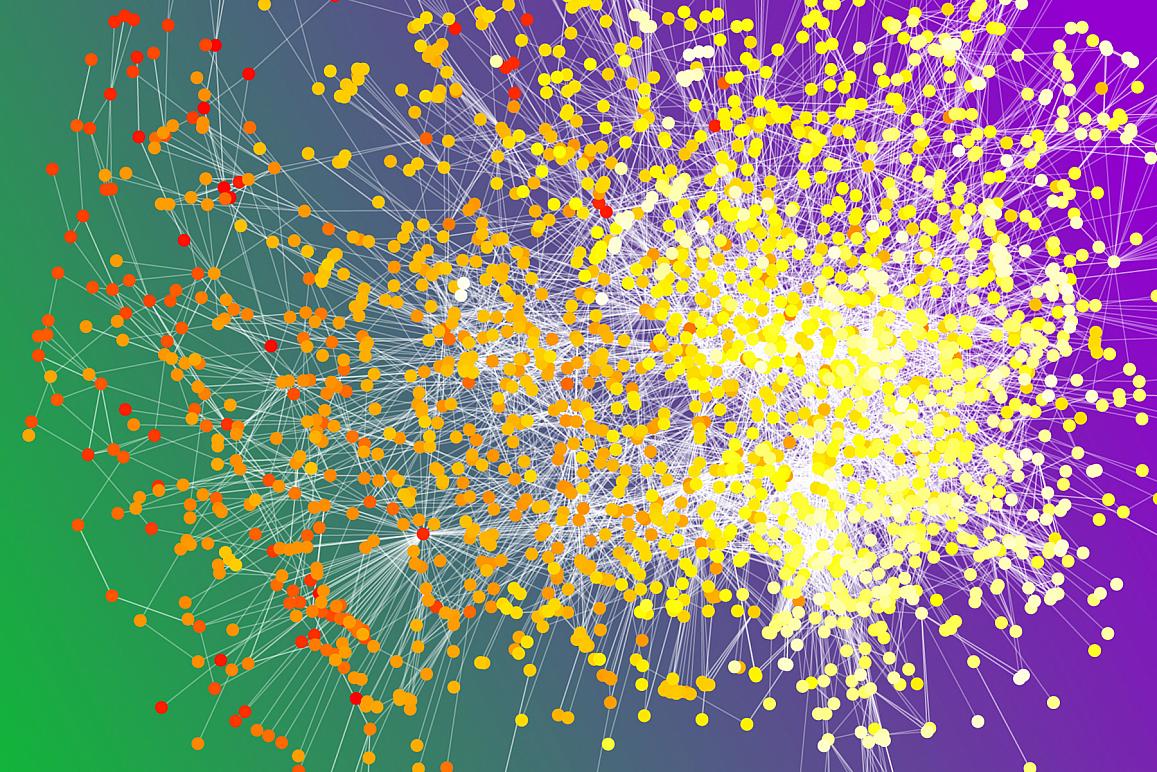Social interaction affects cancer patients’ response to treatment
Biological basis is unknown but may be related to stress response, NIH researchers say.
How well cancer patients fared after chemotherapy was affected by their social interaction with other patients during treatment, according to a new study by researchers at the National Human Genome Research Institute (NHGRI), part of the National Institutes of Health, and the University of Oxford in the United Kingdom. Cancer patients were a little more likely to survive for five years or more after chemotherapy if they interacted during chemotherapy with other patients who also survived for five years or more. Patients were a little more likely to die in less than five years after chemotherapy when they interacted during chemotherapy with those who died in less than five years. The findings were published online July 12, 2017, in the journal Network Science.
This page was last updated on Friday, January 21, 2022
